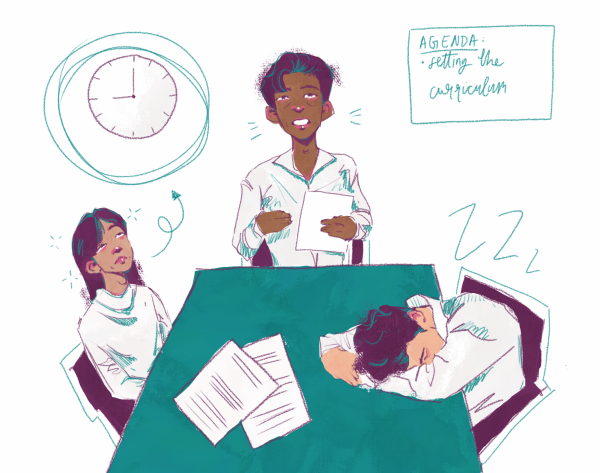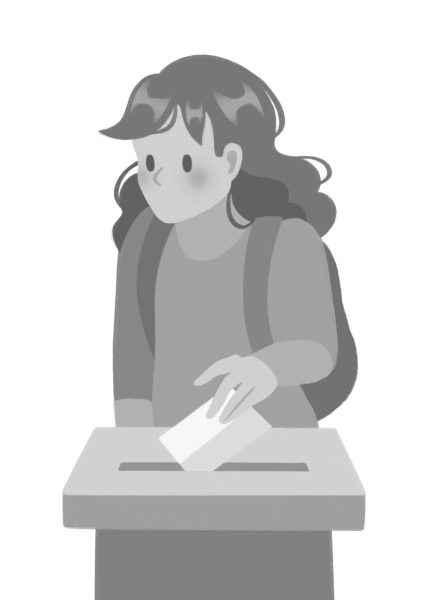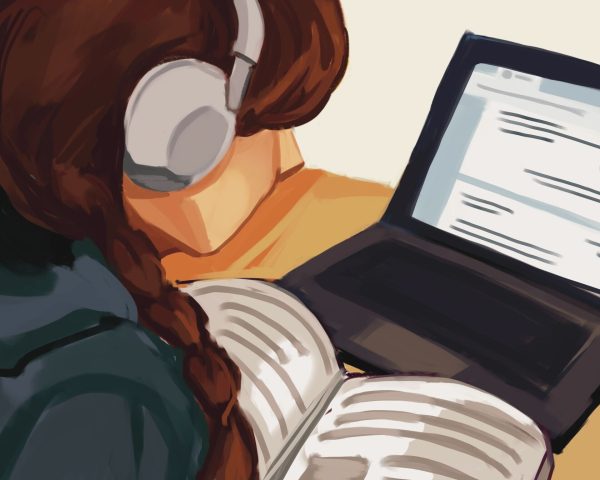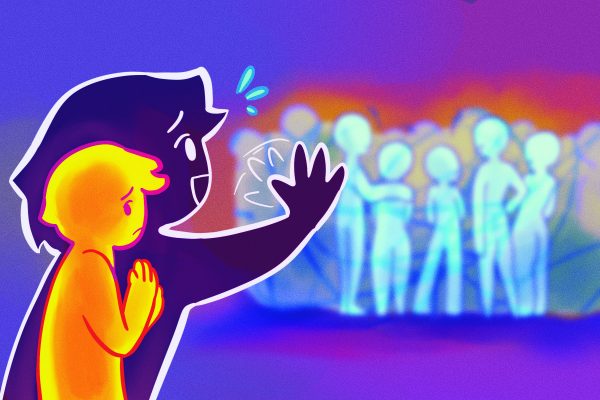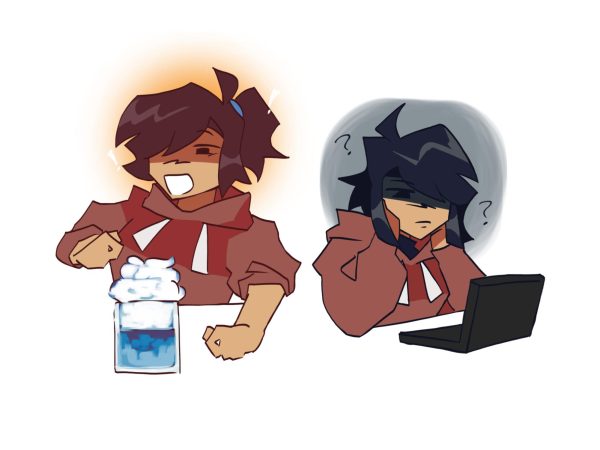Should teachers be punished for personal tweets? No
The Newark Unified School District is being criticized for the method in which they handled the punishment of high school teacher Krista Hodges after she posted aggressive and threatening tweets directed at her students.
Tweeting publicly under the name Mrs. Hodges, Hodges began to show her frustrations in spring of 2014. “So happy to be done w/ school for 10 days, but especially to be away from the ones who truly try my patience and make my trigger finger itchy,” Hodges wrote on Apr. 24. Later in June, Hodges tweeted detailing how she wanted to “stab some kids” and “dump coffee” on them.
After a colleague discovered the tweets and revealed them to the school board, Hodges was given a written reprimand but was not fired. This story drew national media attention, and parents across the country argued that Hodges should have been removed from the classroom immediately. However, this situation is not only a legal issue; it also showcases the double standards in our education system and the disconnect from reality experienced through social media.
Most professions in which constant social interaction is required will cause the “professional” to feel anger and resentment towards his or her clientele from time to time. When workers are “burned out” and overworked, even the most patient people will develop aggressive feelings.
Nurses and doctors get fed up with patients, and customer service representatives get tired of being overly nice to callers, so why aren’t teachers allowed to feel any irritation towards students? They should be, but our society has established that once someone receives a teaching credential, you are also supposed to be granted with unlimited patience and are therefore forbidden to ever express any difficulties you are having with students.
Hodges is labeled as unprofessional for her actions, but her negative feelings towards students are not abnormal. She simply resorted to social media to share her frustrations because she felt as if there was no other setting to vent. Parents have numerous support groups available to help them release anger caused by their children, and the verbalization of their emotions prevents them from following through on any aggressive and angry thoughts. In contrast, teachers don’t have a similar outlet but have to deal with these same kids, who can be disrespectful and rude.
If parents’ expressing annoyance with their kids is justified and there are many safe places created to do so, then why are teachers, who are dealing with the same children, expected to keep everything inside?
“I would never touch a student,” Hodges said in a telephone interview. “The tweets came out of frustration with troubled high school students who often bring outside problems into the classroom.”
What needs to be changed is not Hodges’ employment at Newark Memorial High School but the support system that is set up for teachers. There needs to be a safe and private place for teachers where they can ventilate their feelings about students, which will help teachers release tension and allow them to be more relaxed.
The school district’s decision to keep Hodges is supported by her students. “She has always opened up her classroom to all kids of all shapes, sizes and colors,” Newark Memorial senior Tristan Mosier said. “Whenever a student had a problem, she was open to them.”
Where Hodges went wrong was not necessarily the context of her “joking” tweets but rather thepublic platform on which she shared her feelings. The advances of technology and social media move more quickly than society’s capability to change its understanding of what is appropriate to post and what is not.
“When people go online, it doesn’t feel like the real world; it’s almost an extension of their imagination where they can say almost anything they want,” John Suler, a specialist in cyberpsychology, said.
Although it is true that in many ways, Hodges has not treated her students with the respect she should, that does not mean we should not show her any sympathy whatsoever.
Hodges will never be looked at the same by her students, fellow teachers or parents, but she as an individual is not what needs to be reevaluated. This ideal that we have for teachers, in which they must respect all of their students even when they are acting up, is what needs to be reassessed. Maybe we just all need a reality check that teachers are humans too.
Your donation will support the student journalists of Palo Alto High School's newspaper

